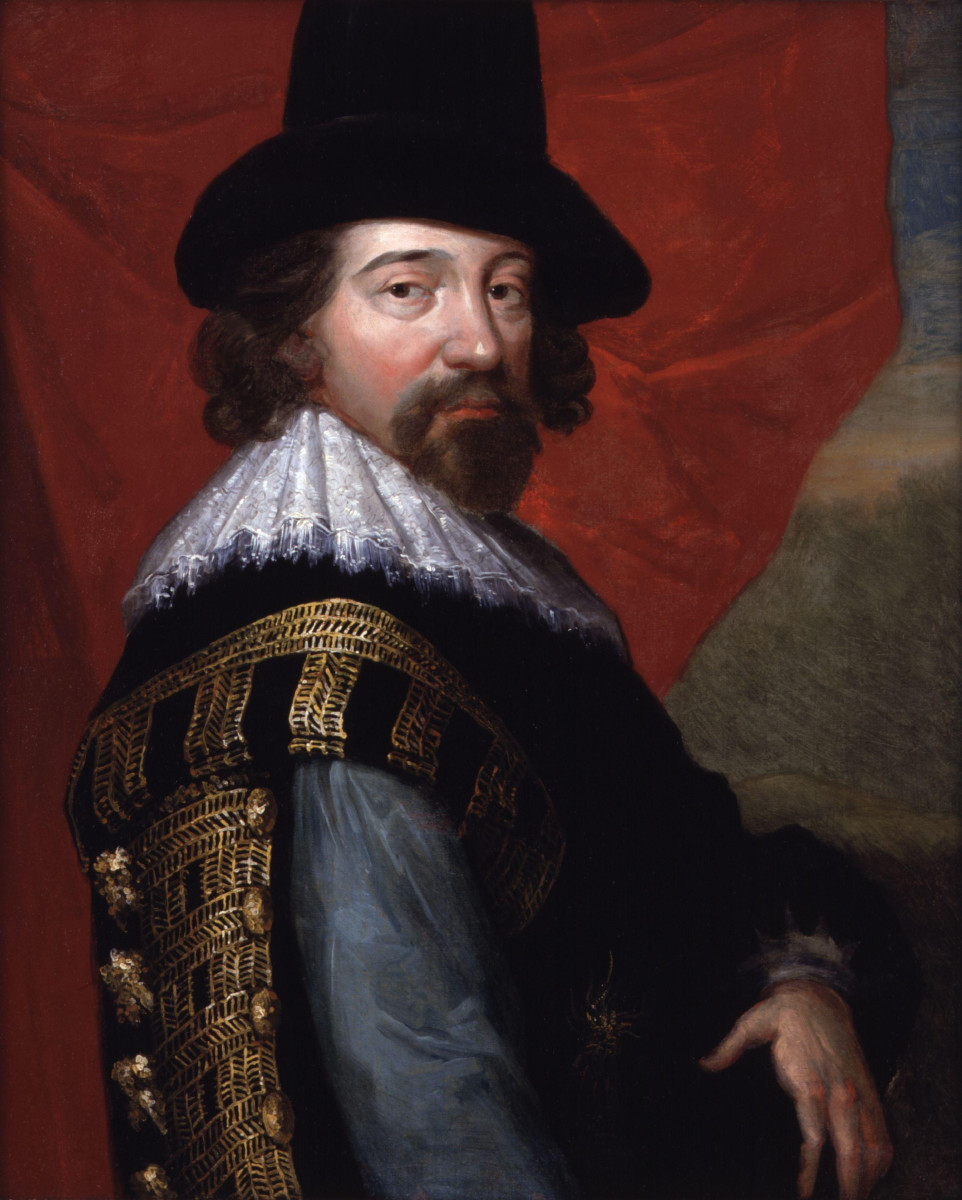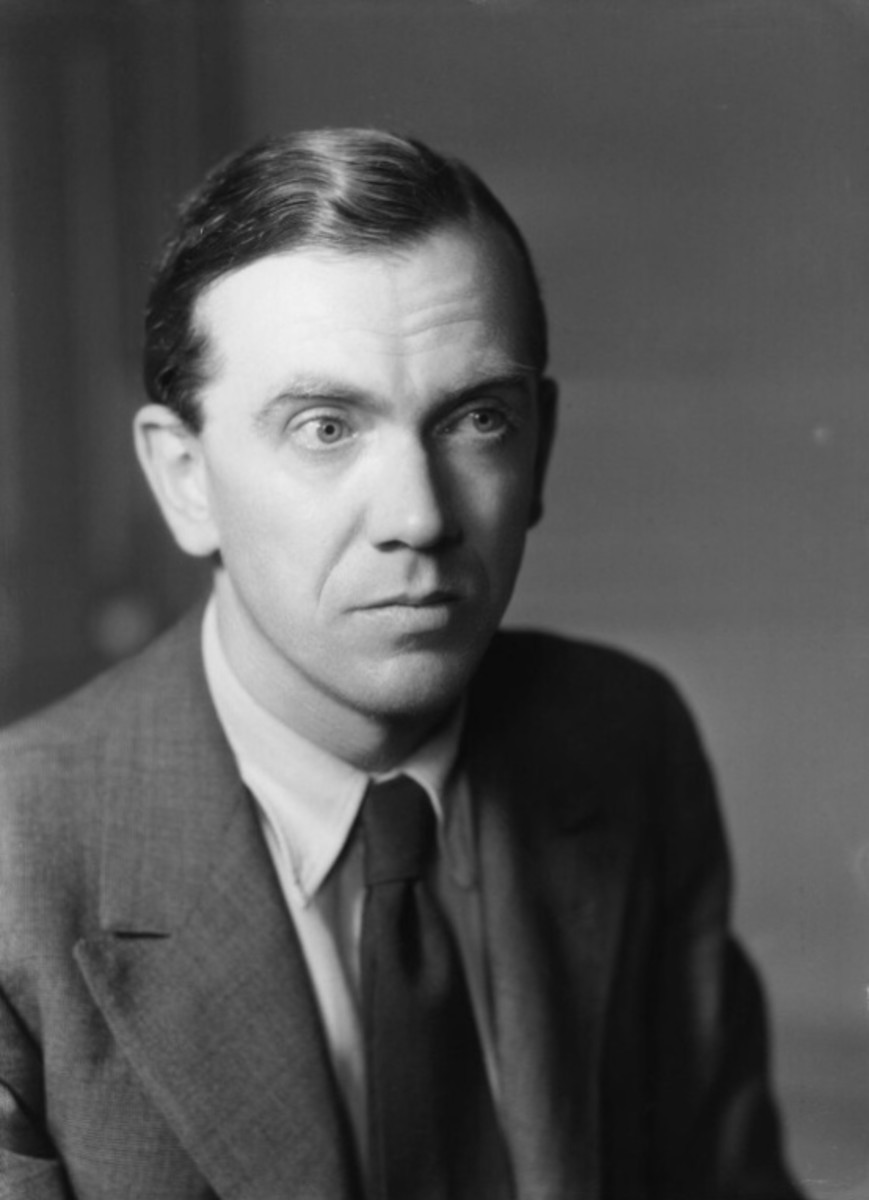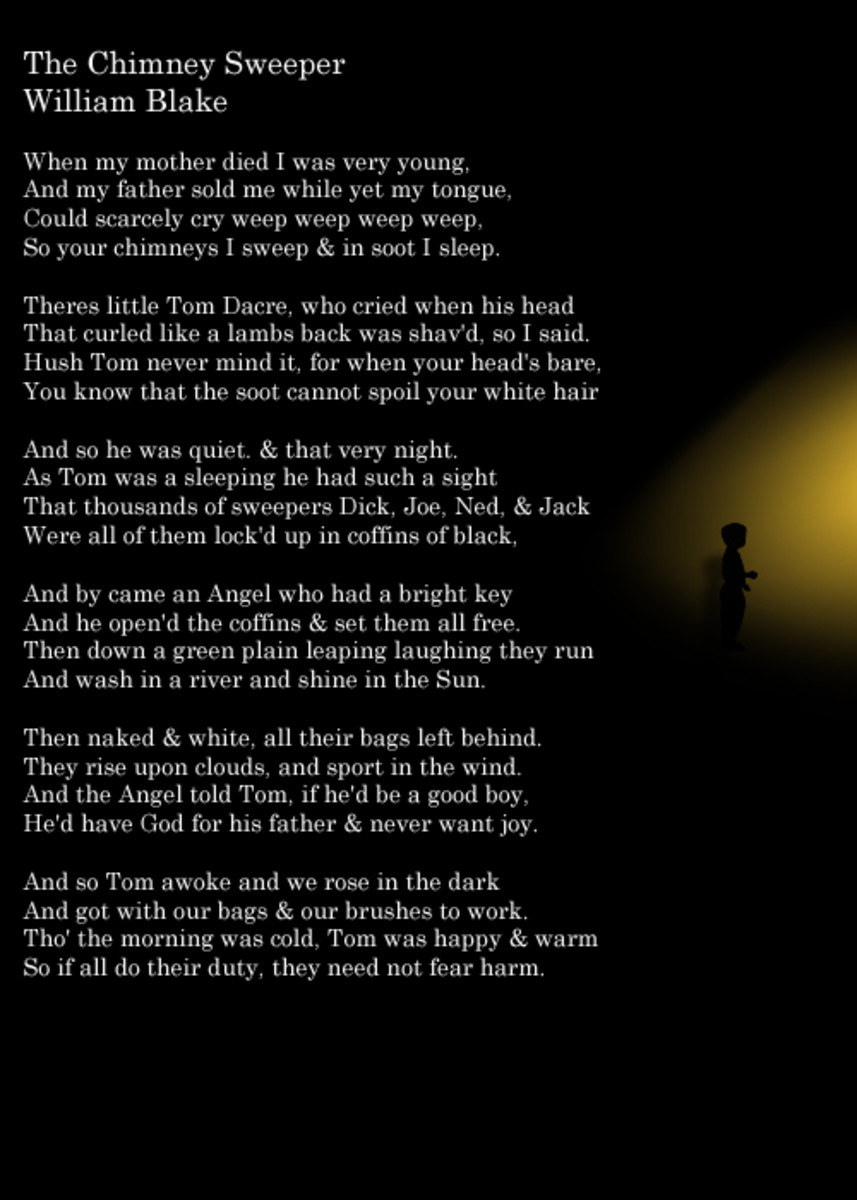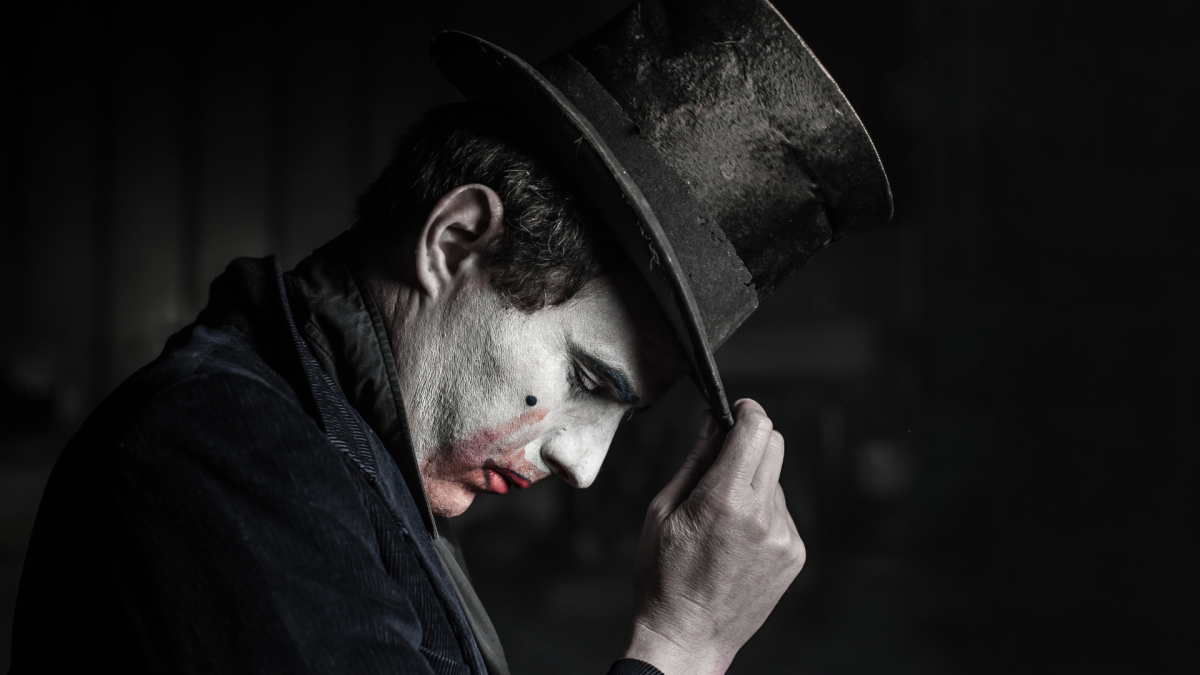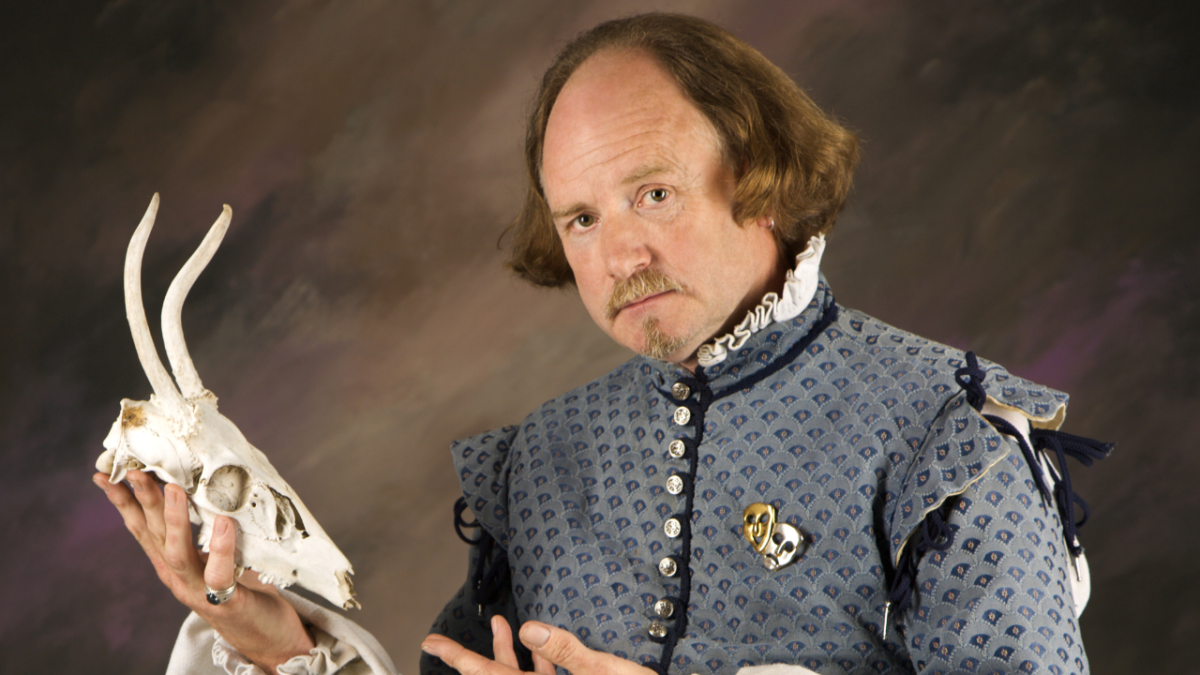"Human Limits and Pride in Greene’s 'Friar Bacon and Friar Bungay' and Marlowe’s 'Doctor Faustus' " (Part 2)
Friar Bacon and Friar Bungay
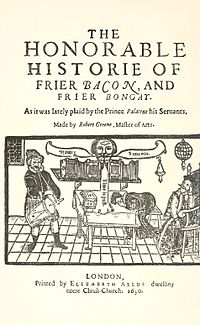
The Occult
view quiz statisticsFrancis Schaeffer
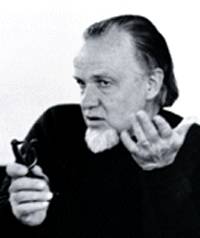
The Fool
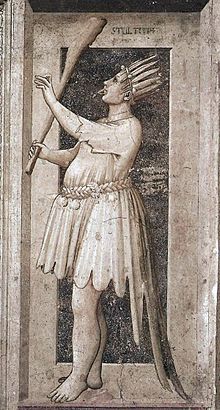
Dave Hunt
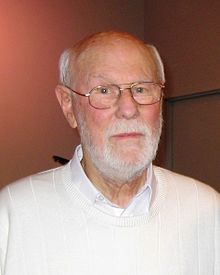
Magic Black and White
view quiz statisticsTrue Science vs. Friar Bacon's "Science"
The Renaissance’s greater humanistic liberty enabled the literary character Friar Bacon, a representative product of this autonomous age, to utilize knowledge from different disciplines in order to convince both academia and the State to accept his powerful wisdom. Bacon labored in “science” (occult philosophy); but was he, in any sense, a true scientist? Mebane writes: “Those who contributed to science and technology in the sixteenth century were often eclectic thinkers, willing to experiment with virtually anything to see if it worked: Hermetic/Cabalist magic, alchemy and Paracelsianism, the technology developed by mechanical artisans in response to economic needs, . . . “(37). As we will see, Bacon apparently combined knowledge from all of these studies to construct his Head of brass, and in this way did make a contribution to the development of science. But science and “science” still differ in many ways, as Mebane explains:
Occult philosophy differs from genuine science in its conception of mathematics as mystical rather than strictly mensurative; in its belief that profound knowledge of nature is esoteric and available only to those who have experienced a special revelation; in the failure of many of its practitioners to criticize their methodological assumption; and in other important respects” (37).
The occult, therefore, involves mystical interpretations of an esoteric revelation, and is not open to criticism of the ways it conducts “business.”
Black vs. White Magic
Schaeffer, on the other hand, believes that modern science needed a Christian base in order to be born; Christianity “created a climate of thought which put men in a position to investigate the form of the universe” (30). Francis Bacon, for example, did not see science as autonomous, for it was placed within the revelation of the Scriptures at the point of the Fall: “Man by the Fall fell at the same time from his state of innocence and from his dominion over nature. Both of these losses, however, can even in this life be in some part repaired; the former by religion and faith, the latter by the arts and the sciences” (Qtd. in Schaeffer 31). Friar Bacon, however, saw no such limits to his freedom to explore the power of “nature.”
Greene introduces this cleric as a learned man who engages in the occult art of necromancy. Rafe, the King’s fool, says as much to Edward, Henry III’s son: “. . . they say he is a brave nigromancer, that he can make women of devils, and he can juggle cats into costermongers” [i. 95-97].1 This initial glimpse into Bacon’s life merely demonstrates the fringes of his power. Whether or not he actually employed it to win popularity as a juggler2 and renown among men not privy to occult secrets, its mention represents a first step in Greene’s development of the friar’s character.
As the scene proceeds, the reader learns that necromancy and magic go hand in hand. Prince Edward confesses his dependence upon Bacon’s occult powers for the consummation of his romance with Margaret: “. . . it must be nigromantic spells and charms of art3 that must enchain her love, or else shall Edward never win the girl” (i. 124-125). Here, the prince claims for Bacon’s magic a benevolent purpose; his is of the so-called “white” variety. But magic, whether perceived as “white” or “black,” all proceeds from one source: Satan. Dave Hunt, well-known occult expert, contends, “It is all nature religion. All of the rituals [whether in Satanism or white magic] share a common purpose: to invoke and/or manipulate a natural force innate within the cosmos in order to achieve health, wealth, or success, or to bring a curse upon one’s enemies (91 brackets mine).” He further counters the conventional wisdom that distinguishes between white and black magic on the basis of morality: “Morals imply responsibility to an ultimate authority—something which is entirely lacking in nature and cosmic energy” (92). Bacon’s practices exemplify his belief in the autonomy of “nature,” and his freedom to manipulate it as he saw fit to help him achieve his aims.
Shortly before meeting with the Oxford Doctors, Bacon receives necromantic books from Miles, his daft student. While not being himself a paradigm of virtue and sober spiritual perception, this fellow betrays a hint of the great influence these powers had over his master. Whether Miles “pointedly misquotes a psalm” (Tetzeli von Rosador 39), or is inventing a sophomorically clever parody of Scripture with his “Ecce quam bonum et quam jocundum, habitares libros in unum,”4 his words indicate that Bacon held this literature in high regard (ii. 4). Representative of the seductiveness of “nature” that promises to satisfy man’s hunger to know the mysteries of existence, these scrolls, housing occult philosophy, serve as a substitute for the Word of God in Bacon’s life. “Science,” assuming more authority over the friar, continues to “eat up” grace.
Divination was also in the friar’s repertoire.5 Burden, one of the Doctors from Oxford in the play, lists the divisions of this art in which Bacon excels-- pyromancy (fire), hydromancy (water), acromancy (air)--and tells their purpose-- “to clear up difficult questions. . . to plain out questions, as Apollo did” (ii. 13-18). What “difficult questions” Bacon sought to resolve are unknown, but he claimed the ability to use three of the “elements” recognized by the Medieval world—fire, water, and air-- in a magical way to solve them. Despite being a man of the Bible, Bacon, as a liberated man of “science,” felt perfectly justified in repudiating the Scripture which forbade him to practice these secret arts in order to pursue his own interests.6
Bacon himself calls his knowledge “cabalism” (ii. 107).7 To prove its existence to the three skeptical Doctors, Bacon conjures the Hostess at Henley. Speaking a charm in Latin—‘Per omnes deos infernales, Belcephon’ (ii. 118)—he calls upon a demon to appear; predictably, “all the infernal gods” obey his words. Von Rosador notes the substitution: “Hence, in Friar Bacon and Friar Bungay, magical words replace the Word as the origin of power” (38). Again, Bacon marginalizes the Word of God, usurping even its language for magical use, in order to gain a professional advantage.
Bacon's Brazen Head
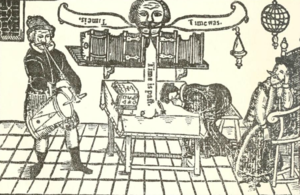
Friar Bacon's Pride
Bacon’s “scientific” knowledge has had an adverse effect upon him. Having rejected all outside authority, especially that of Scripture, he has allowed pride to dominate his heart and mind. The next section in our study aims to look at two critical passages from the play-- scenes two and eleven—which will help us witness how this pride brings him to the point of ruin.
Scene two places the friar in a situation proffering him not only great opportunity, but also great peril. He appears wide-eyed to the former, but blind to the latter. The gaze of Oxford and of the court of Henry is upon him, for both have heard that he may be creating a “brazen head” which shall “unfold strange doubts and aphorisms, and read a lecture in philosophy” (ii. 23-27). They have also learned that Bacon, with “the help of devils and ghastly fiends,” will make a “wall of brass” that will “compass England” (ii. 28, 30). This latter construct obviously intrigues the government, for it seems to foster patriotic hopes and promise protection from enemies. The three doctors appeal to Bacon’s vanity, claiming that England and Europe will stand in awe of him, and Oxford “shall in characters of brass and statues such as were built up in Rome eternize him” (ii. 36-43). Certainly, a vision of worldly glory energizes Bacon to strive toward this mark and eschew any limitations on his freedom.
Bacon apparently has patriotic notions and pride of country, but he possesses a greater “scientific” pride. He boasts to the Doctors that, through his knowledge, he can control the north wind (Boreas) and the moon, and he can make Satan do his will: “Bacon can by books make storming Boreas thunder from his cave and dim fair Luna to a dark eclipse. The great arch-ruler, potentate of hell, trembles, when Bacon bids him or his fiends bow to the force of his pentageron” (ii. 47-51).8 His adept use of mystical tools—books and symbols—shows a self-assurance exceeding that of unaided humanity. Bacon truly believes that he has attained divine power through Cabala.
He proudly informs his colleagues that he has already created the ultimate national defense of that day: “I have contrived and framed a head of brass . . . that by art shall read philosophy,” and will so “strengthen England . . . that if ten Caesars lived and reigned in Rome, with all the legions Europe doth contain, they should not touch a grass of English ground” (ii. 55-61). LaGrandeur considers this “brass head as an emblem of the dangers of scientific knowledge to cultural stability” (417). An automaton of sorts, Bacon’s Head represents not only “a materialization of the composite forces that make up his engine for manipulating nature,” but also “an embodiment of the scientist’s intellect” (418). Having energized a mechanical invention by necromantic powers, the good friar can command this new creation to do his bidding. Opportunity is all that Bacon sees, not the danger. Nature has overwhelmed grace in his life, for he now believes that he has exceeded human limits and can even share God’s prerogative--creation.
When the play arrives at the eleventh scene, Bacon continues to hold fast to his hubris on the night the Head is to speak. Weary after watching it for sixty days, Bacon commands Miles to keep vigil by this brazen head in which hangs “the honor and renown of all his life” (xi. 27). Interestingly enough, his thoughts shift to spiritual matters as he charges Miles, “by the immortal God, that holds the souls of men within his fist,” to watch (xi. 29-30). Bacon has not considered God’s involvement in his affairs throughout the entire play. But now as his human weakness begins to burden him, he realizes that the value of his whole life’s work hinges upon the outcome of this grand Experiment. Thus he warns his servant that God will punish him (i.e., Miles) if he fails to wake him in time.9
It is ironic that the proud Bacon, the one whose scientific genius created something that he hoped would “eternize” him, should entrust any part of his fate to bumbling Miles. Hearing the Head utter something much less than his expectation-- “strange principles of philosophy” (xi. 87)-- this dullard neglects his duty to rouse Bacon. It is too late: “A hand appears that breaketh down the Head with a hammer’ (xi. 76. S.D.). All of Bacon’s dreams crumble to the ground as he understands that he has failed to achieve “immortality”: “Tis past indeed. . . . My life, my fame, my glory, all are past “(xi. 98-99). A mysterious hand has crushed not only Bacon’s Head, but his overweening pride nourished by forbidden knowledge.
The Destroyer of the Head
view quiz statisticsFriar Bacon's Humiliation
Two questions arise: “Whose ‘hand’ is it?” and “Why did it strike?” It is surprising to note that despite his recognition that the “immortal God” was watching the proceedings, Bacon blames the envy of “Astmeroth, ruler of the north, and Demogorgon, master of the fates” for the Head’s destruction (xi. 110-111). He apparently still refused to believe the possibility that God may disapprove of his magic. LaGrandeur also opts for an explanation other than divine intervention, and states that the “forces of nature that are dangerously strong” resist Bacon’s attempt to enslave them. The power of the tool exceeds the power of the maker (422).
Tetzeli von Rosador is uncertain about siding with “emblematic tradition,” which “images God as a triangle or a hand,” asserting that “both the brevity of this appearance and its ambiguous, indefinite nature counteract any certainty of clearly lodging the play within a given religious cosmology, Catholic or Anglican” (39). He then cites several instances where Greene parodies or satirizes all religious authority, thereby demonstrating that God is not the destructive Force (39).
This writer must admit that little textual support from this play exists to prove conclusively that the hand is God’s. The only intimation that it might belong to the Almighty is Bacon’s reference to Him in his charge to Miles: “Therefore, I charge thee by the immortal God, that holds the souls of men within his fist” (xi. 29-30, underscoring mine). But besides this slender evidence, circumstances also point in that direction. The very fact that Bacon later blames himself for the deaths of the sons of Lambert and Serlsby, and consequently renounces magic, indicates that he may have reconsidered his attributing the Head’s destruction to demonic envy (though the text does not state that this change of mind took place), and realized that God was, in fact, the hand. His repentance over having “meddled in this art” (xiii. 86), and his belief that he “must be damned for using devils to countervail his God” (xiii. 96-97) also support this view. Both incidents serve to teach him the danger of his “scientific” pride, and drive him to seek forgiveness from the God whose authority he had flouted. Grace and nature have returned to their proper balance in Bacon’s life. With Bacon safe, we must now turn to Doctor Faustus to witness a different ending.
Notes
1Merrill Unger, Unger’s Bible Dictionary (Chicago: Moody Press, 1957) 784. The word “necromancy” is derived from the Greek word nekros, the dead, and manteia, divination; and from the Hebrew doresh ’el-hammethim, one who inquires of the dead). The necromancer was said to possess a conjuring spirit, a “familiar spirit (Heb. ‘ob, a leather bottle) . . . granted to a necromancer as a servant or attendant, and bound to him by the ties or obligations of the dead) [683].
2 Unger 683. Necromancers lent a low, soft , almost whispering voice (Isa. 8:19; comp. 19:3), . . . . It is not certain that these mutterings . . . were produced by ventriloquism, [. . .] , ventriloquism was one of the arts of ancient jugglers.”
3Russell A Fraser and Norman Rabkin, Drama of the English Renaissance I: The Tudor Period (Upper Saddle River, New Jersey: Prentice Hall, 1976) 360. The editors consider this art “the art of magic.”
4Fraser and Rabkin 361. The editors translate this statement: “Behold how good and pleasant it is for books to dwell together.”
5Unger 682. He defines divination as “the prying into the future by means of magical arts, superstitious incantations, or natural signs, arbitrarily interpreted.”
6 Deuteronomy 18:10-11 states, “ There shall not be found among you anyone who makes his son or daughter pass through the fire, or one who practices witchcraft, or a soothsayer, or one who interprets omens, or a sorcerer, or one who conjures spells, or a medium, or a spiritist, or one who calls up the dead.”
7 Francis Yates, The Occult Philosophy in the Elizabethan Age (London and New York: Routledge Classics, 1979) 2-3. Cabalism was an esoteric, mystical, traditional cult passed down orally by initiates which claims to be a “second revelation” giving the “secret meaning of the Law.” Later, it became a “theosophical mystique” that searched for “hidden meanings” in the Bible.
8Fraser and Rabkin 362. A pentageron is a “five-pointed mystical symbol credited with magical powers, including that of holding off witches and ghosts.”
9 Fraser and Rabkin 376. Twice Bacon warns Miles that the latter’s life is at stake (xi. 33,38).
© 2015 glynch1

